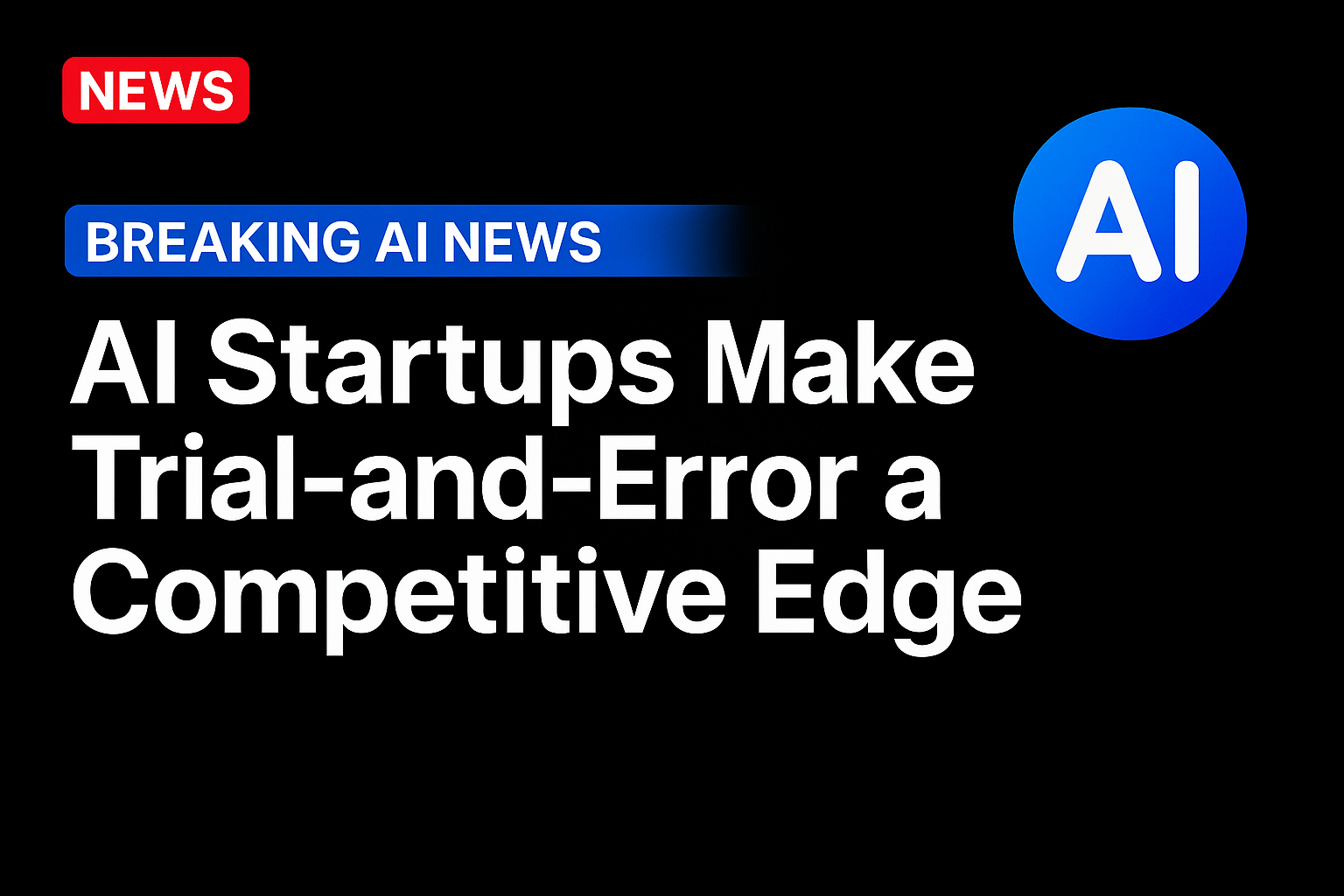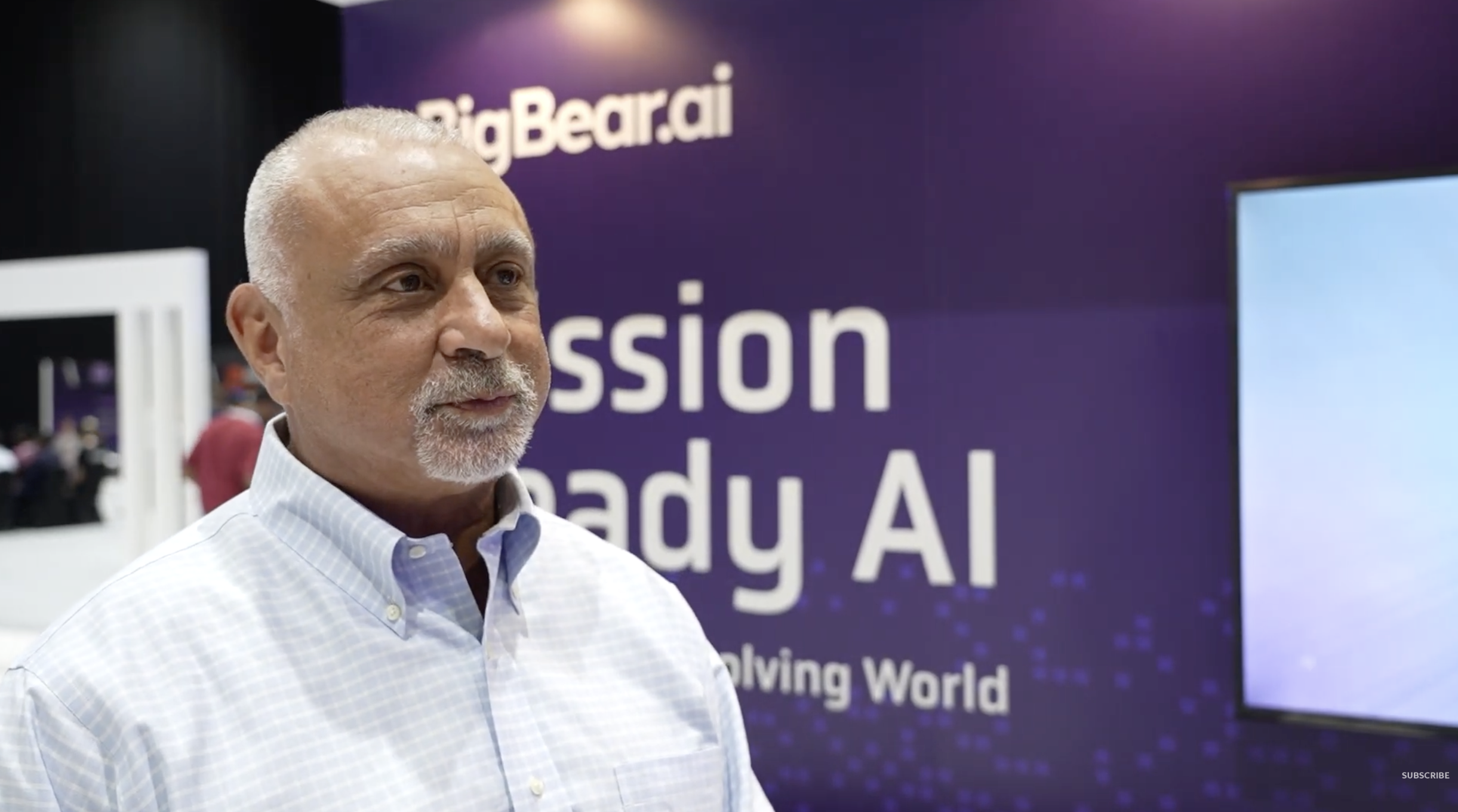
The week’s funding rounds highlight startups using AI to solve problems in science, healthcare, agriculture and enterprise operations. The technology is beginning to deliver measurable outcomes for human life.
AI Brings Automation to Scientific Discovery
Lila Sciences raised $115 million in an extension of its Series A, backed by Nvidia Capital. The Boston-based company is developing “AI Science Factories,” automated laboratories that use robotics, sensors, and generative models to design and run experiments continuously. Instead of relying on publicly available data, Lila’s systems produce their own experimental results. They feed them back into machine-learning models that improve. The funding will support expansion of its lab network and entry into sectors such as materials science, clean-energy catalysts and biotechnology. By automating experimentation, Lila helps in solving one of the slowest and most expensive steps in scientific discovery. Its system continuously designs and tests new hypotheses. This increases research throughput and reduces the cost of trial-and-error for industries that rely on lab results to develop new materials or medicines.
CoMind, a London-based medical technology startup, secured $102.5 million led by Plural VC. Founded by James Dacombe in 2018, CoMind is developing a non-invasive brain monitoring device. It uses low-powered infrared lasers and AI-based signal processing to measure cerebral blood flow and intracranial pressure. This data is traditionally captured through probes inserted into the skull. The system has completed trials at St. Bartholomew’s Hospital in London and in Barcelona. It is enrolling U.S. patients for a pivotal study as part of its FDA approval process. CoMind anticipates hospital deployment in 2027. Its value lies in combining optical sensing with AI interpretation. This gives clinicians real-time visibility into brain health at the bedside. For hospitals, this could mean faster diagnostics, fewer surgical complications, and better outcomes for patients with head injuries or stroke.
From Roads to Fields
Wayve is in talks with Microsoft and SoftBank for up to $2 billion in new funding, potentially valuing the London-based autonomous driving firm near $8 billion. The company develops autonomous driving systems that learn from real-world video data rather than relying on high-definition maps. In contrast to some competitors who use extensive mapping and rule-based navigation, Wayve’s model generalizes across vehicle types and environments by learning from human driving behavior. According to a PYMNTS article citing Uber’s CEO, driverless vehicles could scale in the next 15 to 20 years. This would happen when systems can learn from real conditions rather than fixed instructions. The possible funding would help expand training data sets and simulation tools. These are key steps toward building self-driving systems capable of adjusting in unpredictable settings.
Ecorobotix raised $150 million in Series D funding. The Swiss agricultural robotics firm uses AI-driven vision systems to detect individual weeds and spray them with millimeter precision. This reduces herbicide use by up to 95%. Total funding is now near $150 million. The company is expanding into North America and developing new models for crop-specific recognition. Global data from the United Nations’ Food and Agriculture Organization (FAO) show total pesticide use in agriculture at 3.73 million tons of active ingredients in 2023. This highlights the scale of the opportunity for precision systems that reduce chemical inputs. Ecorobotix’s platform shows how AI, sensors and field robotics can be embedded into equipment. This delivers environmental and economic gains.
Enterprise Finance AI
In enterprise automation, Campfire recently raised $65 million in a Series B funding round co-led by Accel and Ribbit Capital, bringing its total to more than $100 million. The U.S.-based company builds an AI-native enterprise resource planning (ERP) system designed to streamline corporate finance tasks, including reconciliations, month-end closings, and forecasting. With this new funding, Campfire aims to expand globally and accelerate AI development, addressing finance teams’ increasing demand for modern solutions that go beyond legacy ERP systems.
Reducto raised $75 million in Series B funding from Andreessen Horowitz to expand its document intelligence software. The company converts unstructured files such as contracts, PDFs, and invoices into structured datasets that enterprise AI tools can use directly. Reducto is helping financial services and healthcare firms feed reliable data into internal language model systems.
Source: https://www.pymnts.com/





